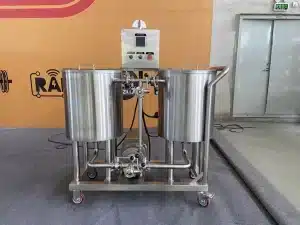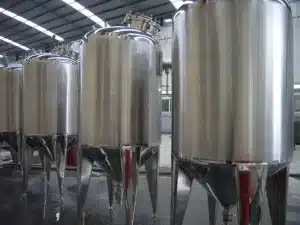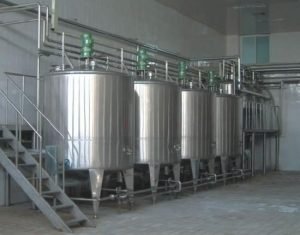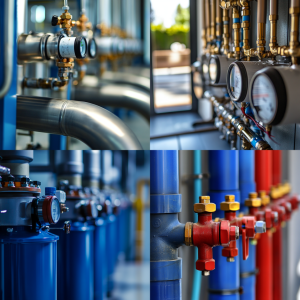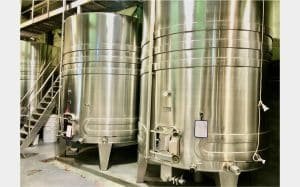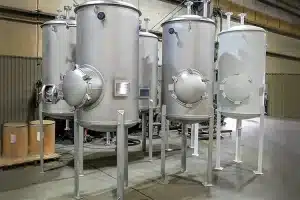
The Hazards of Glycol
Glycol Hazards and Safety Glycol is a versatile chemical used in various industries, ranging from automotive applications to pharmaceuticals. There are different types of glycol, each with unique properties that determine their uses and handling requirements. Two of the most common types are ethylene glycol and propylene glycol. Understanding their differences is essential to managing them safely and ensuring workplace safety. Types of Glycol: Ethylene Glycol vs. Propylene Glycol Ethylene Glycol: Often found in antifreeze and coolants, ethylene glycol is
